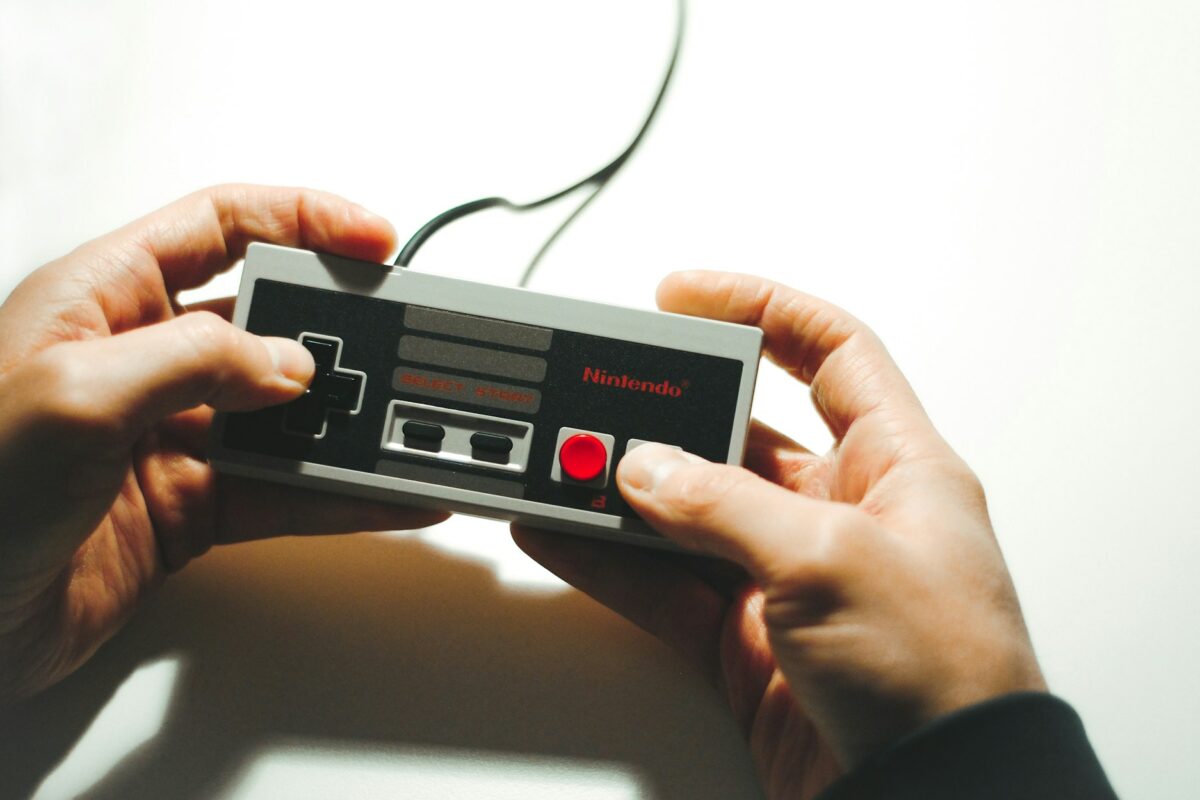A brand is a source of a promise to its target audiences. Of greater importance than making the promise is keeping it. BP (Beyond Petroleum) promises energy that “doesn’t damage the environment.”
Indeed, BP does stand for “beyond petroleum,” not because of BP’s promise to produce energy that doesn’t damage the environment, but rather because an environmental and economic disaster of this magnitude can only accelerate the race to cleaner, more renewable alternative energy sources. BP has sounded the clarion to move away from petroleum in the most dramatic way.
This preventable disaster has called into question BP’s sincerity in delivering on its “green” brand promise. Its quickness to pass the buck to Transocean, Halliburton or government regulators only exacerbates the problem. And its inability to stop the problem quickly demonstrates its unwillingness or inability to adequately plan for or address such disasters. Finally, its slow, carefully controlled, legally crafted statements and responses to questions only add to the cynicism of the public toward BP.
Brands are owned in the minds of target audiences and observers have been quick to redefine BP as “broken promise.” When a brand breaks its promise, the result is likely to manifest itself in lower stock prices, lower company valuation, boycotted gas stations and decreased market share and profitability over time.
What would I do if I were BP right now? It depends on whether “beyond petroleum” is a sincere promise or just a sly marketing message. If it is the former, BP should do everything in its power to stop the problem and make reparations for the damages. Further, it should become the aggressive industry leader in pursuing alternative energy sources. And, it wouldn’t hurt if it loaned some of its employees to work with environmental groups focused on the long term clean-up. If it did all of these things, it would have the potential to rise like a phoenix after a period of time. And rise it could. If it does not have the resources or the will to pursue these actions, it will likely wither to some fraction of its former self, at least for a fairly long period of time.
There is an important lesson here. Even if the “BP Disaster” is really more attributable to Transocean or Halliburton or lax government regulation, given that BP chose to stand for energy that “does not damage the environment,” it must hold itself and its partners to a higher (and sometimes more costly) standard on this. It could have risen above lax government regulations. It could have specified more stringent environmental safeguards for itself and its partners. In hindsight, it could have done many things that would have helped its actions match its words. Ultimately, not having done so will cost it a lot more than the preventative measures would have.
The Blake Project Can Help: Accelerate Brand Growth Through Powerful Emotional Connections
Branding Strategy Insider is a service of The Blake Project: A strategic brand consultancy specializing in Brand Research, Brand Strategy, Brand Licensing and Brand Education




